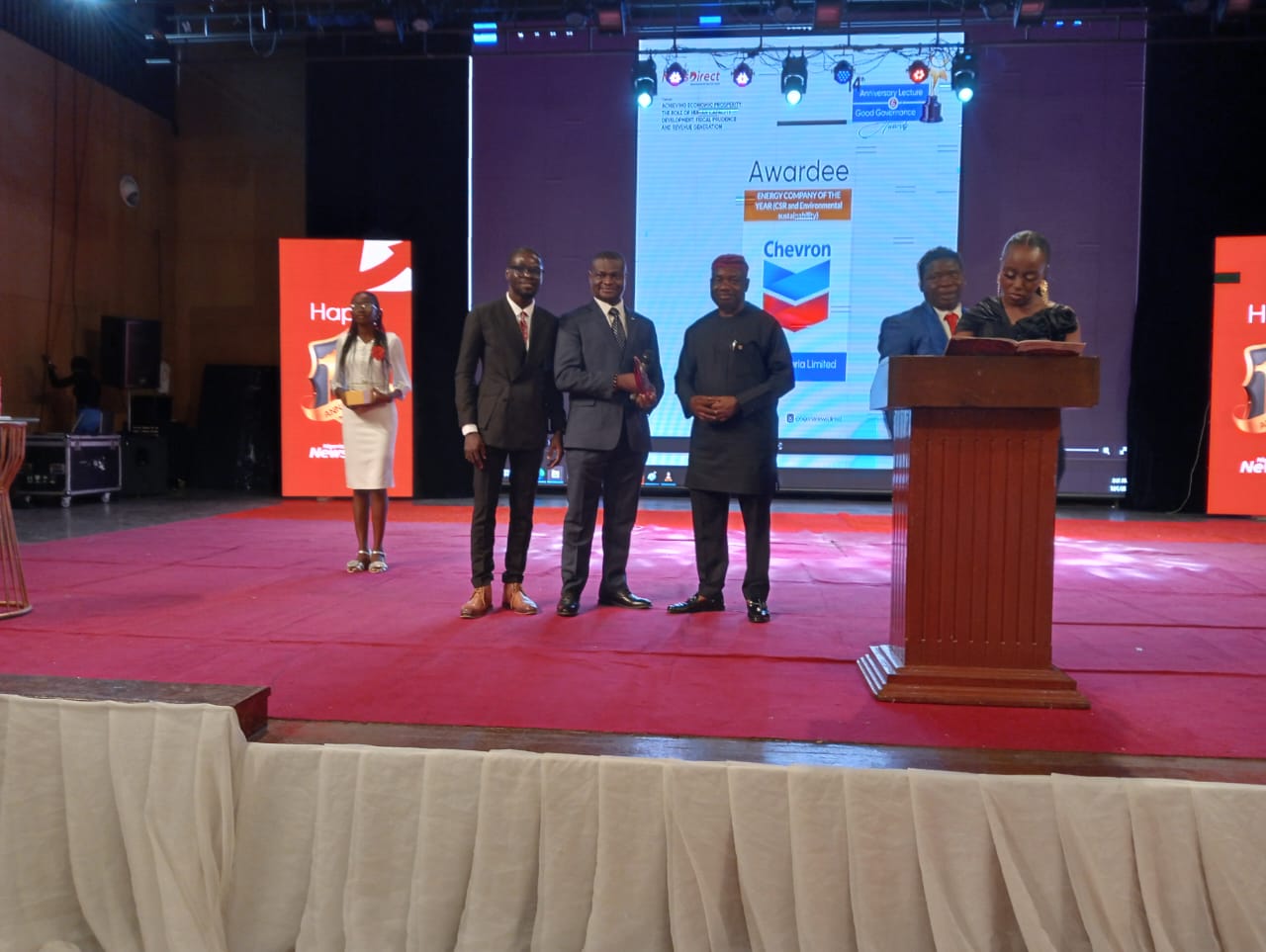Energy
Siemens, Mitsubishi Heavy Consider Joint Bid for Alstom Assets

FRANKFURT — Siemens AG will decide by Monday whether to bid for the energy assets of France’s Alstom SA and exit the train business, marking a strategic shift. But big course changes are routine for the 166-year-old company, which started in the telegraph business.
Over the past two decades, Siemens has shed divisions making computers, phones, cellphone networks, light bulbs, car parts and semiconductors while becoming a world leader in wind turbines. The German industrial conglomerate said Wednesday it would work with Japan’s Mitsubishi Heavy Industries Ltd to assess a potential pitch for the Alstom operation.
Siemens’s willingness to unload what had been considered core assets is a hallmark of its desire to invest in industries where it holds a technical edge or it sees growth prospects. Managers display little emotion toward operations, sometimes selling only a few years after entering a field, and seek partnerships to share costs for operations that lack synergy with the rest of the group.
Siemens and Mitsubishi last month, for example, struck a joint venture combining their metals subsidiaries. A day earlier Siemens said it would buy most of Rolls-Royce Holdings RR.LN -5.48% PLC’s energy division and said it would consider listing shares in its own health-care unit.
The medical unit, which makes hospital equipment such as X-ray scanners and ultrasound machines, could represent an even bigger deal for Siemens than the Alstom transaction, which is preliminarily valued at up to €11 billion ($14.9 billion). Siemens’s health-care unit accounts for more than one-third of the company’s €84 billion total market value, analysts estimate.
Siemens invited Mitsubishi to join its appraisal of Alstom, which has tentatively approved a bid from General Electric Co. GE -1.00% GE’s offer values Alstom’s energy and rail divisions at $17 billion, but French government officials have objected to the U.S. company controlling what they see as strategic national assets. Mitsubishi’s participation could help Siemens allay European antitrust concerns while putting more heft behind its offer.
Siemens has completed due diligence of Alstom, Siemens Chief Executive Joe Kaeser said recently. “We will make up our minds what that means for us,” he said. “There are opportunities and risks.”
Siemens buys and sells assets frequently, and many of its moves have been shrewd.
In 1999 the company sold shares in Epcos AG, a maker of electronic components, when the electronics industry was booming. A year later Siemens floated 29% of chip-making subsidiary Infineon AG through an initial public offering and another stake soon after. Infineon shares shortly lost almost 65% of their value and haven’t recovered.
In 2005, Siemens paid Taiwan-based BenQ Corp. of Taiwan €250 million to take over the German company’s cellular-handset division. A year later, BenQ sought bankruptcy protection for the unit.
Siemens in 2007 sold its VDO car-component unit to German car-parts maker Continental AG for €11 billion, just before the European car market hit a multiyear skid.
In 2008, Siemens contributed its corporate phone-system business to a joint venture with Gores Group LLC. The combined company, now called Unify Inc., said this month it would slash half its workforce as demand drops for traditional phone systems.
Siemens that same year transferred its cordless-phone unit to Arques Industries AG of Germany at undisclosed terms. Shares of Arques, which later renamed itself Gigaset AG, have plunged to around €1 from above €6 at the time of the deal.
Not all of Siemens’s moves have been so well-timed. It started to exit the cellular-network business in 2007 by entering a joint venture with Finland’s Nokia Corp. But it took six years for the German company to extricate itself completely. That was too late, because prices already had peaked, said Christoph Niesel, a fund manager with Germany’s Union Investment, which holds a stake of around 1% in Siemens.
Siemens last year spun off light-bulb maker Osram Licht AG, and its shares peaked this March at more than twice their listing price. That gain could have gone to Siemens shareholders had the company waited to make the listing, Mr. Niesel said.
Now Mr. Kaeser faces similar concerns over timing. Siemens said it contributed its division that builds steel plants to the joint venture with Mitsubishi because of “the challenging market environment and high price pressure.”
Siemens’s rail division, which Mr. Kaeser has proposed giving to Alstom as partial payment for the French company’s energy division, and the rest of Siemens’s transportation-and-logistics operation was unprofitable in the fiscal year through September.
The health-care division, in contrast, is very profitable but lacks synergies with Siemens’s other businesses. Mr. Kaeser has indicated that he sees potential takeover targets in the sector but that they are at higher values than he is willing to pay. Listing stock in the medical division would allow him to pay for acquisitions with the shares.
“We would float health care in parts and then be able to acquire companies with similar multiples,” he told investors recently.
– WALLSTREET JOURNAL
Energy
Dangote Partnership: MRS Urges Nigerians To Insist On N935/Litre Petrol Price Nationwide

MRS Oil Nigeria Plc, a prominent player in the Nigerian downstream oil industry, has implemented a new petrol price of N935 per litre across all its retail service stations nationwide.
The company has also called on Nigerians to monitor and report any outlets that fail to adhere to the new price structure.
Biztellers reports that this is consequent upon an announcement by the President of Dangote Industries Limited, Aliko Dangote, that the Dangote Petroleum Refinery has partnered with MRS Oil and Gas to offer petrol at N935 per litre at retail outlets, following a reduction in the ex-depot price from N970 to N899.50 per litre.
ALSO READ: Dangote Slashes PMS Price To N899.50k
It was gathered that MRS Oil Nigeria Plc has instructed all its outlets to implement the new price immediately, setting up a digital platform and monitoring team to ensure full compliance.
In a statement on Monday night, the company declared, “Petrol is now being sold at N935 at MRS Filling Stations nationwide. If you find any station not following this price, please report it. Call 08009447853 or email: NG-FMKPMGWHISTLEBLOWING@NG.KPMG.COM”
Emphasising the eco-friendly nature of its products, MRS Oil added, “We call on all petrol station owners to join MRS Oil Nigeria Plc in improving the supply chain of our beloved country, ensuring product quality and availability in every corner of Nigeria for the benefit of all Nigerians.”
In Lagos, commuters were seen queuing at MRS filling stations to purchase petrol, with many expressing their gratitude to the Dangote Petroleum Refinery and MRS Oil and Gas, urging other marketers to support the indigenous refinery rather than import off-spec products into the country.
A commuter at the MRS station at Alapere on the Lagos Ibadan Express way, Ibukun Phillips, could not hide her joy as her husband filled up their car.
“I am very happy today. This is a victory for Nigeria,” she said. “The price reduction is the best gift of the season. But beyond just the reduction, we are buying standard, eco-friendly petrol at a lower rate. My husband and I have decided we will only be using MRS from now on because we are confident in the quality of the product and supporting the economy.”
A commercial bus driver, Adio Ajibade described the price reduction as a great relief, especially during the festive season.
“The reduction is a great relief. It will reduce transportation costs and benefit Nigerians. God will continue to bless Alhaji Aliko Dangote,” he said.
A public affairs analyst and university lecturer, Dr. Tunde Akanni, said the collaboration between Dangote Petroleum Refinery and MRS Oil represents a significant step towards improving the affordability, quality, and sustainability of petroleum products in Nigeria.
According to Dr. Akanni, “this move will not only help ease the financial burden on Nigerians but also promote a more environmentally conscious approach to fuel consumption, benefitting both the economy and public health in the long term.”
Energy
FDI: Shell To Invest Billions Of Dollars On Nigeria’s Bonga North Oil Field

As a direct implication of the Federal Government’s Foreign Direct Investment drive, the Royal Dutch Shell has completed the final investment decision on the deep offshore Bonga North project in Nigeria.
Biztellers reports that the Bonga North will be a subsea tie-back to the Shell-operated Bonga Floating Production Storage and Offloading (FPSO) facility which Shell operates with a 55% interest.
Shell’s Integrated Gas and Upstream Director, Zoë Yujnovich, said, “This is another significant investment, which will help us to maintain stable liquids production from our advantaged Upstream portfolio”.
ALSO READ: OGUNCCIMA Commends Dangote Refinery’s Impact
It was gathered that the Bonga North project involves drilling, completing, and starting up 16 wells (8 production and 8 water injection wells), modifications to the existing Bonga Main FPSO and the installation of new subsea hardware tied back to the FPSO.
The company is optimistic that the project will sustain oil and gas production at the Bonga facility.
The Bonga North currently has an estimated recoverable resource volume of more than 300 million barrels of oil equivalent (boe) and will reach a peak production of 110,000 barrels of oil a day, with first oil anticipated by the end of the decade.
In addition, the Bonga North will help ensure Shell’s leading Integrated Gas and Upstream business continues to drive cash generation into the next decade.
Energy
Chevron Nigeria Bags ‘Energy Company Of The Year For Environmental Sustainability And CSR

Chevron Nigeria Limited (CNL), has received an award as “Energy company of the year (2024)” for its Environmental Sustainability and Corporate Responsibility accomplishments.
The award presented by the Nigerian News Direct newspaper, on Friday December 6, 2024, and was received by Manager Communications, Chevron Nigeria and Mid-Africa Business Unit, Victor Anyaegbudike, at a colourful event at the Grand Ballroom of the Oriental Hotel, Lagos.
ALSO READ: Stakeholders Hail NCDMB As Local Content Level Hits 56%
The organizers of the award noted that Chevron has implemented the “Protecting People and the Environment” policy, which aims at preventing injuries, illnesses, and environmental incidents. They also referenced that the company has achieved 97% gas flaring reduction in its operations in Nigeria, while implementing waste management and environmental conservation programs.
According to the media organization, Chevron Nigeria has also invested millions of dollars in community development programs, supporting education, health and economic development initiatives that have benefited thousands of people, while ensuring diversity, inclusion, and employee engagement in its business operations.
Receiving the award from the Lagos State Commissioner for Information and Strategy, Gbenga Omotosho, Anyaegbudike thanked the organizers for the honour, and reiterated Chevron’s commitment to continue to develop, affordable, reliable and ever-cleaner energy that enables human progress around the world.















